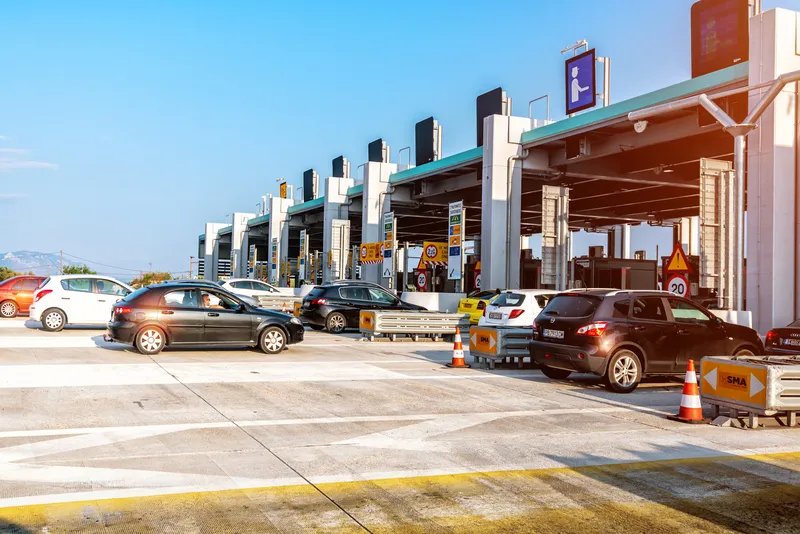Slovakia’s complex electronic toll collection (ETC) system has seen steady growth since it opened in 2010; toll collection in 2013 totalled US$161 million, while in 2014 US$200 million of told were collected. The first quarter of 2015 saw a total of US14.4 million of tolls collected.
At the end of March 2015, 245,408 on-board units (OBUs) were registered with the system; 72 per cent of OBUs are registered to foreign drivers.
Designed, developed and operated by Skytoll on behalf of the National Motorwa
July 16, 2015
Read time: 2 mins
Slovakia’s complex electronic toll collection (ETC) system has seen steady growth since it opened in 2010; toll collection in 2013 totalled US$161 million, while in 2014 US$200 million of told were collected. The first quarter of 2015 saw a total of US14.4 million of tolls collected.
At the end of March 2015, 245,408 on-board units (OBUs) were registered with the system; 72 per cent of OBUs are registered to foreign drivers.
Designed, developed and operated by479 Skytoll on behalf of the National Motorway Company, Slovakia’s electronic toll collection system (ETC) was launched in 2010 for heavy vehicles over 3.5 tonnes.
The 17,741 kilometre system, for which Norwegian company108 Q-Free provided the main electronic road toll collection and enforcement system, is unique by international standards, in that it not only covers highways and expressways, but also large sections of other major roads.
The system uses distance-based model, with a combination of tolling technologies defined by the1816 European Union as required for interoperable ETC systems, including GPS and GPRS data transfer, as well as DSRC technology for enforcement and control. It has been designed to be flexible enough to accommodate future increases in freight transport and extension of the system across the country’s road network.
At the end of March 2015, 245,408 on-board units (OBUs) were registered with the system; 72 per cent of OBUs are registered to foreign drivers.
Designed, developed and operated by
The 17,741 kilometre system, for which Norwegian company
The system uses distance-based model, with a combination of tolling technologies defined by the








